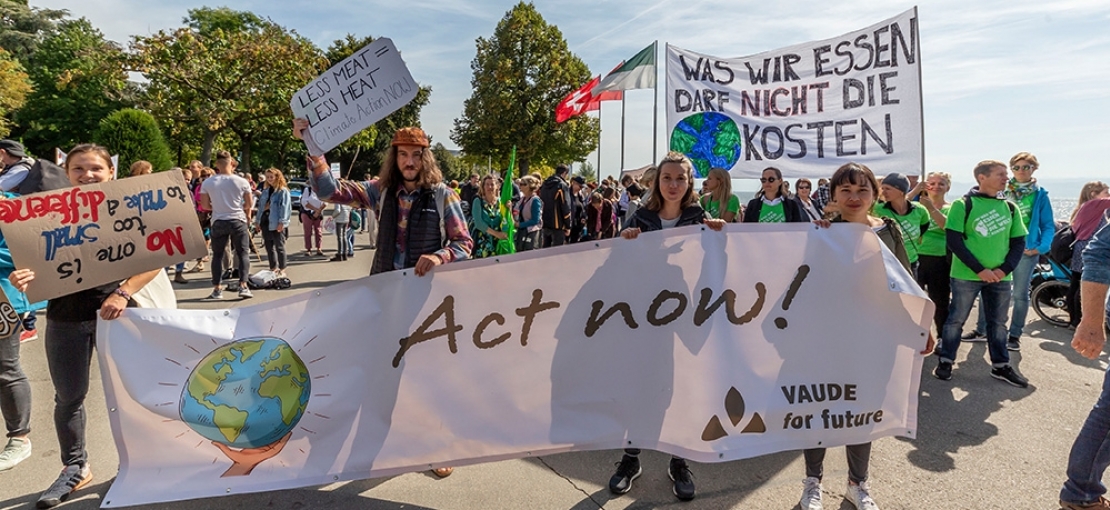
Climate neutral with science based targets
Active climate protection: climate-neutral at our headquarters
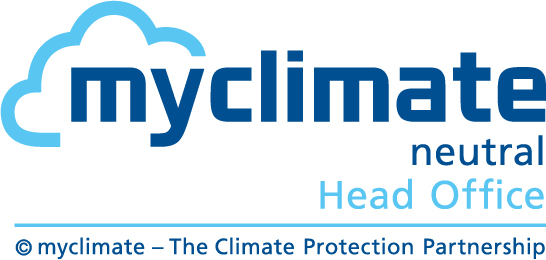
Ambitious goal: climate-neutral production worldwide
VAUDE has set itself ambitious, science based goals to go beyond the climate neutrality of its headquarters and to produce all of its products worldwide with climate-neutral manufacturing.
For this purpose, VAUDE joined the international initiative, Science Based Targets (SBTi). As a cooperation between the renowned international expert organizations CDP Disclosure Insight Action, UN Global Compact, World Resource Institute and the WWF, SBTi sets global standards for the calculation of science based climate targets.
As a member, VAUDE voluntarily sets its own climate protection goals in line with the specifications of the Paris Climate Protection Agreement (COP21) and recognized as science based climate targets:
We will continue to reduce our emissions to such an extent that we make a measurable contribution to limiting global warming to 1.5 °C.
According to the SBTi methodology, we have until the end of 2021 to formulate concrete climate targets approved by SBTi. We are using this time for the extensive preparatory work required.
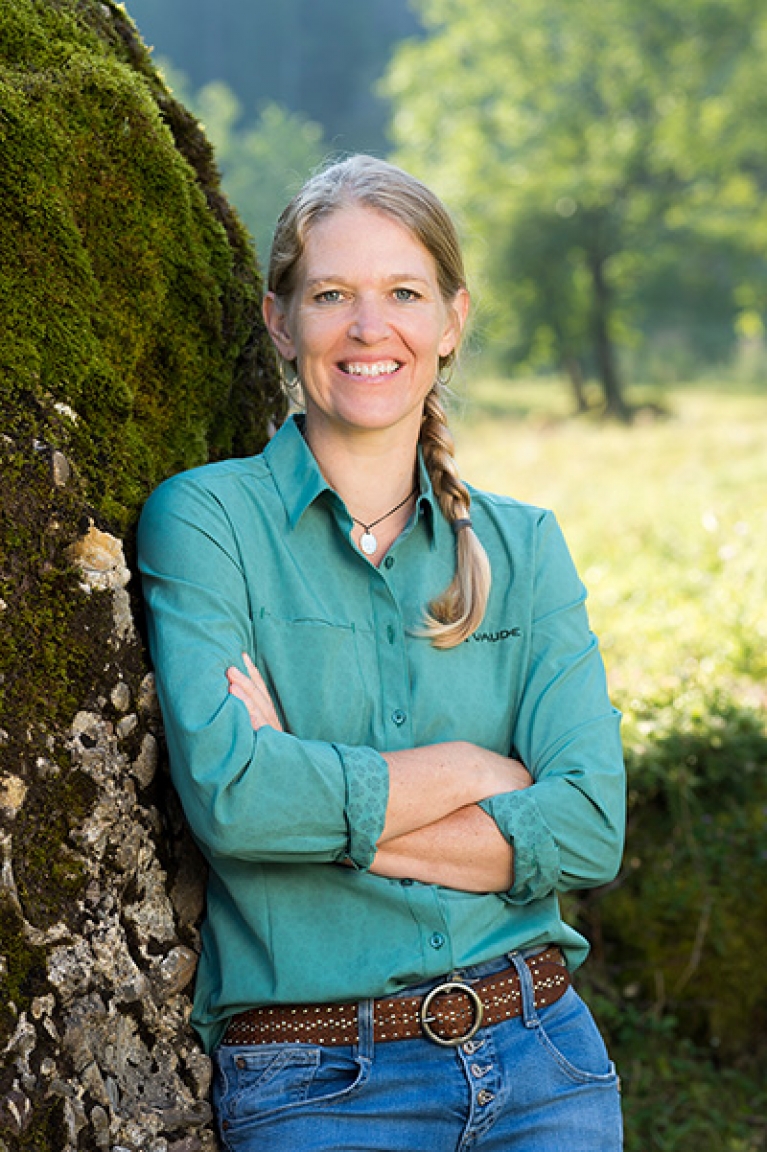
»In order to counteract climate change that is threatening human lives, we must succeed in limiting global warming to well below 2 degrees in accordance with the Paris Agreement. This will only succeed if we all take action – worldwide. It requires initiatives such as SBT, which promotes a new way of looking at the economy. We at VAUDE want to make our contribution and have set ourselves the goal of manufacturing all products with climate-neutral production. In order to achieve this goal, we are working with SBT to gradually reduce our CO2 emissions in the global supply chain.«
Emissions in the supply chain now in focus
Until 2019, the system boundary for our carbon footprint was formed by all VAUDE operations in Tettnang in terms of the emissions created there in Scopes 1, 2 and 3. What are scopes? More about this here
What’s new in this sustainability report is that for the first time, we have also calculated and reported on the emissions from our supply chain. This is anything but simple, and we are proud to be one of the first companies in the outdoor industry to have reached this milestone!
We are focusing on the two most important parameters in our supply chain that we can influence to achieve our climate targets:
- The emissions created by the energy consumption of our upstream suppliers in the production of the materials processed by VAUDE.
- The materials themselves that are used to make VAUDE products.
Figures and details on this in the VAUDE carbon footprint.
Energy revolution in the supply chain
Most of the materials our suppliers use are produced in Taiwan. More about this here
We are currently including the suppliers responsible for the greatest amount of materials in VAUDE products in our carbon footprint. All others will gradually follow.
We are now working together with these suppliers on using this data to set up effective energy management systems so that they can conserve as much energy (and thus emissions) as possible.
The second important yet very challenging step is to find ways for suppliers to switch their energy consumption to renewable energy sources. Wind, sun, water, biomass or geothermal energy cause far fewer greenhouse emissions than energy from fossil fuels such as coal or natural gas.
We are taking this path together with our suppliers because we can only achieve greater climate protection by working together as equals. More about how VAUDE supports its suppliers here
90% of all products over 50% biobased or recycled
In addition to the energy consumption of our suppliers, the materials processed in VAUDE products form a second focus in order to reduce climate-damaging emissions on a scientifically sound basis. We have set ourselves an ambitious goal for this:
By 2024 at least 90% of all VAUDE products shall have a biobased or recycled material content of more than 50%.
VAUDE is pursuing the principle of recycling management: By using renewable raw materials or recycled materials, fossil resources are conserved and CO2 emissions in material production will be significantly reduced.
Starting with the 2022 Summer Collection, all VAUDE Green Shape products will also consist of over 50% recycled or biobased materials. More about this here
How do you actually become climate neutral?
Out of sight, out of mind!
Climate-neutral means that all of the company's emissions that cannot be avoided are offset at another location by projects that save the same amount of emissions. Emissions are thus balanced and neutral.
To do this, all resource consumption in the company must first be recorded. When it comes to environmental management, the saying goes, out of sight, out of mind. If you don't know your consumption, you won't know what your big polluters are and you won't be able to take specific measures to reduce it, let alone make success measurable.
Reduce resource consumption
The most important step on the way to climate neutrality is the reduction of all resource consumption and emissions. For example, reducing energy, material and water consumption and producing less waste and wastewater.
This applies to both our company headquarters including all its own production processes, administration, employees, etc. and to all upstream and downstream activities of the company. The good thing about it is that you not only save emissions, but usually money as well.
Climate Balance Scopes map the entire value chain
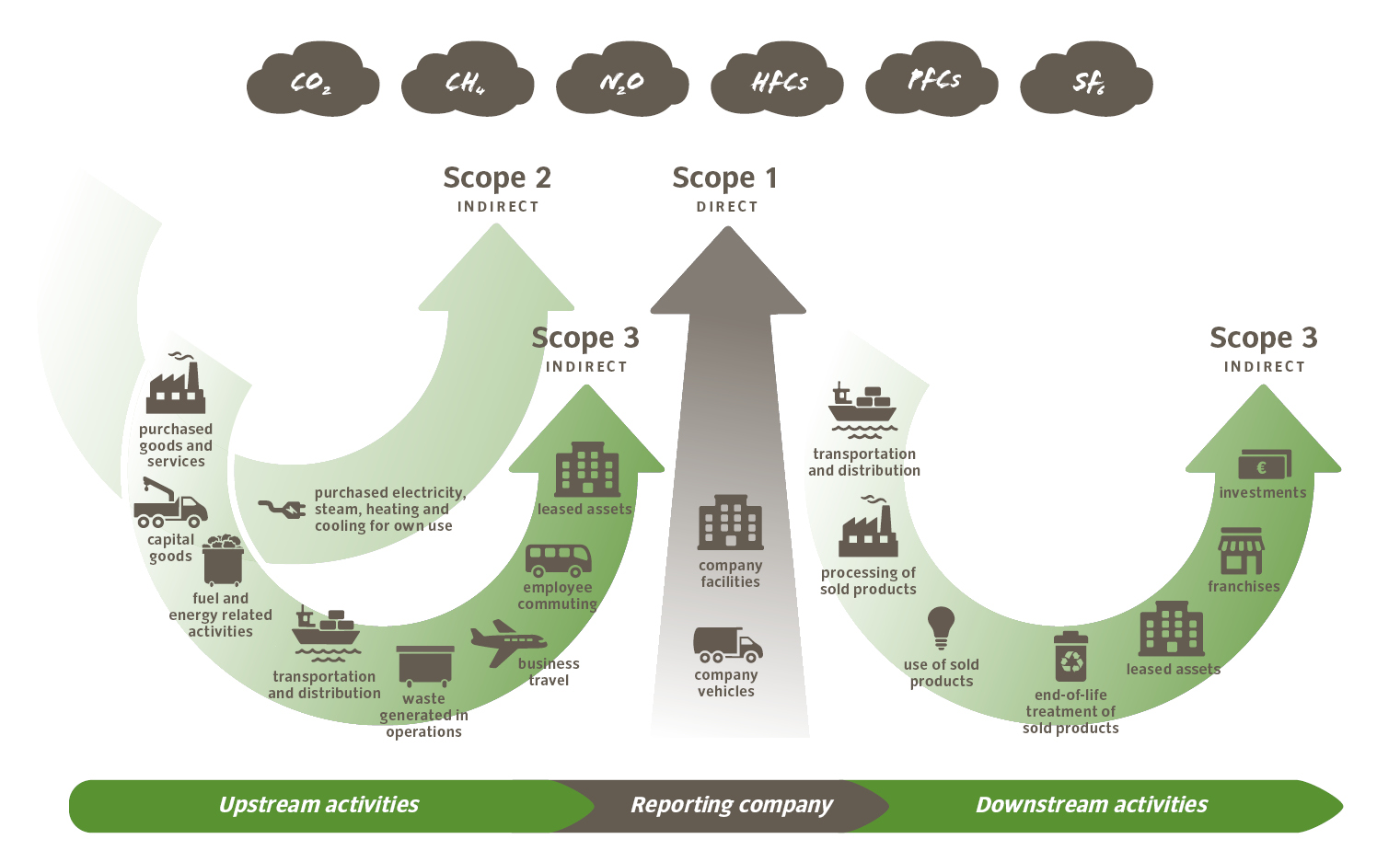
VAUDE representation, Source: From emissions report on climate strategy, www.klimareporting.de
In the calculation of the carbon footprint, not only all upstream and downstream processes in the value chain, but also other greenhouse gases such as methane are converted into carbon dioxide equivalents. The unit of measurement in which emissions are measured is called CO2e or carbon dioxide equivalents.
To date at VAUDE, "climate neutral" has referred to the VAUDE operation at the company headquarters in Tettnang. This also includes the VAUDE Manufactory including all products manufactured there, as well as the entire logistics department.
From the results of the carbon footprint, we have derived targets and measures to further reduce emissions. VAUDE compensates for all unavoidable emissions.
New VAUDE climate compensation: Waste becomes biogas for small farmers in Vietnam
Residents of rural areas in Vietnam often face a challenge in securing energy for daily cooking. Traditional fuels such as firewood or charcoal are expensive. At the same time, the use of firewood puts pressure on natural resources and damages the environment. The daily hours that women and children have to spend collecting firewood could be spent elsewhere, such as on homework, small income-generating activities, or leisure time. In addition, cooking is traditionally done on open, inefficient stoves in the house, which often leads to respiratory and vision problems. The methane-producing waste generated by livestock production is also a problem for the environment and households.
Using modern biogas plants also has a positive effect on local woodlands because the habitat of flora and fauna is preserved. This program creates new jobs and training for local masons who build and maintain the biogas plants. The residue from the biogas production – organic sludge – is often reused by households as a nutrient for fish ponds or as organic fertilizer for rice and grain fields. Here is the link to the official project website.
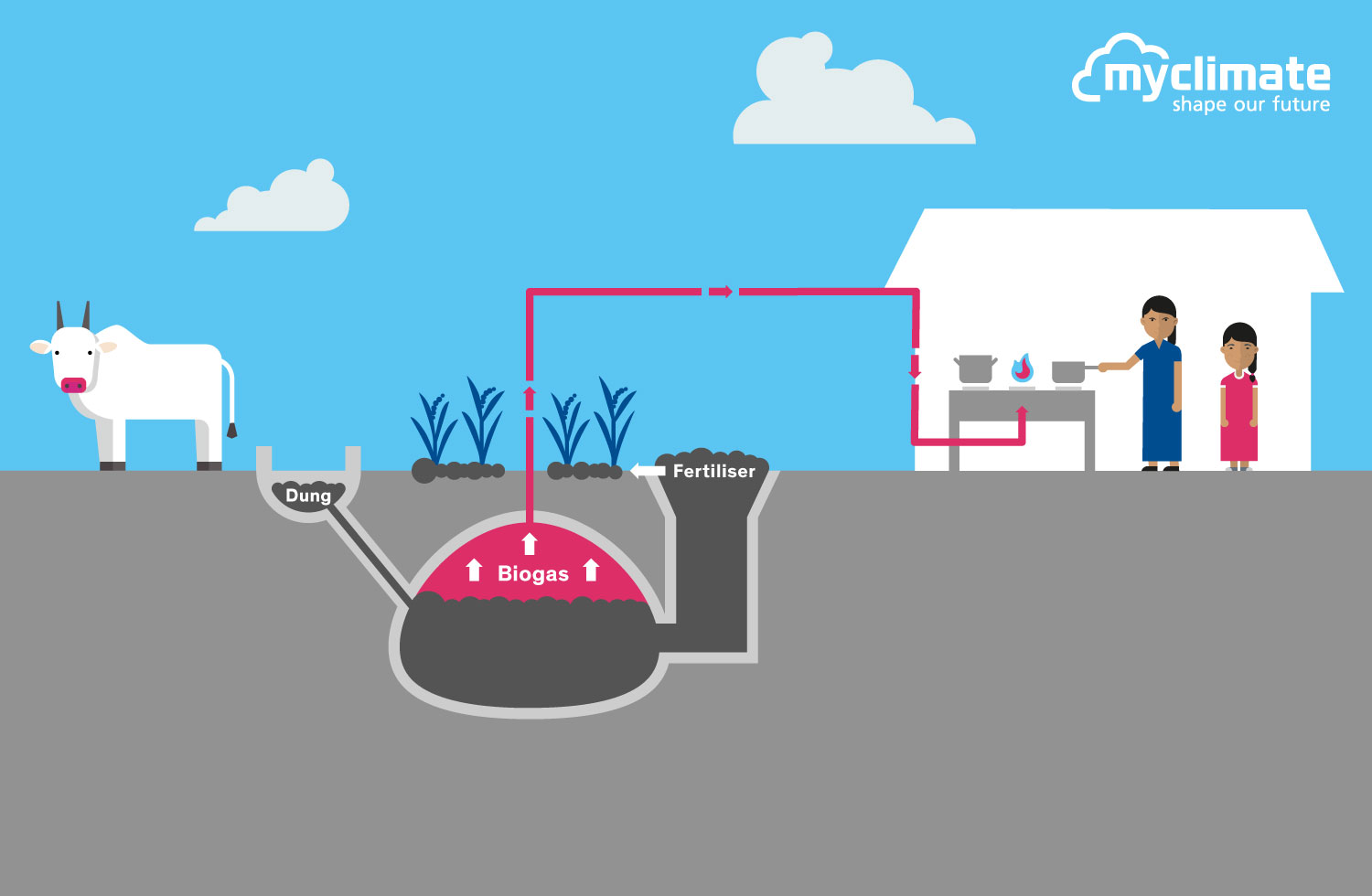
| GRI: | 305-1 |
| GRI: | 305-2 |
| GRI: | 305-3 |
| GRI: | 305-4 |
| GRI: | 305-5 |
| GRI: | 103 |




